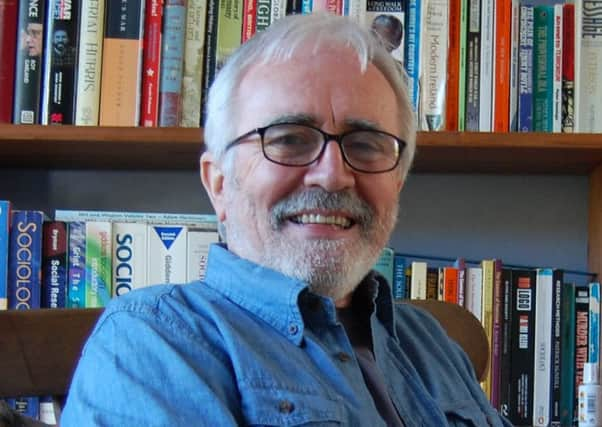Forget craving for everything we see


The devil’s friend asked: ‘What did that man pick up?’
‘O, that was a piece of truth.’
‘That’s pretty bad for you then.’
‘Not at all,’ said the evil one. ‘I’ll help him to build an entire doctrine on it, to the exclusion of all else.’
I picked that story up from Jiddu Krishnamurty, a theosophist, who attempts to define his most complex of philosophies by saying that while the beliefs of individual religious denominations might be true, they tend to have an unhealthy preoccupation with a fragment of truth and build their entire identity on it.
Advertisement
Hide AdAdvertisement
Hide AdDon’t we love to take a verse of scripture and read into it and squeeze out of it more than was ever intended? For example, the doctrine of tithing was never taught or sanctioned by either Jesus or Paul. In fact, Jesus used it to excoriate the Pharisees when he said, ‘Woe to you, teachers of the law and Pharisees, you hypocrites! You give a tenth of your spices, but you neglect the more important matter – justice, mercy and faithfulness.’
The whole tithing thing is built on an event in the Old Testament when Abraham gave Melchizedek a tenth of all he had. It was a report, not a command, but where would organised religion be today if the truth were to get out?
I was brought up in a strict religious home in which love would have been thin on the ground if it hadn’t been for my saintly mother. There was a lot fatherly control, well intentioned maybe, but hardly productive. Single verses of the Bible were taken out of context to create bars of iron to keep my siblings and me free from harm.
One example is from John’s first Epistle: ‘Do not love the world nor the things it offers you...’
Advertisement
Hide AdAdvertisement
Hide AdWe were taught that ‘the world’ was the evil place where people smoked weed, drank booze to excess and fornicated and that if we partook, then to finish the quotation, we would not have the love of the Father in us.
It was only decades later that I checked it out for myself. So what is the world? It’s the ‘...craving of physical pleasure, a craving for everything we see, and pride in our achievements and possessions.’
I have a cleric friend who, when he was called to a new church some years ago, refused to move into the manse until it was refurbished at a cost of £150,000. Puts a new meaning on, ‘craving for everything we see, pride in our possessions’ doesn’t it? Wouldn’t life be gloriously simple if we could follow the example of the Master? ‘...the foxes have their holes, the birds of the air have their nests, but I don’t even have a place to lay my head’.
No stress, no rat race, no climbing over each other to get to the top, no families falling out over inheritances, nothing to prove, no competitiveness. So that, my friends, is what the world looks like, and it’s a place to be avoided like the plague.